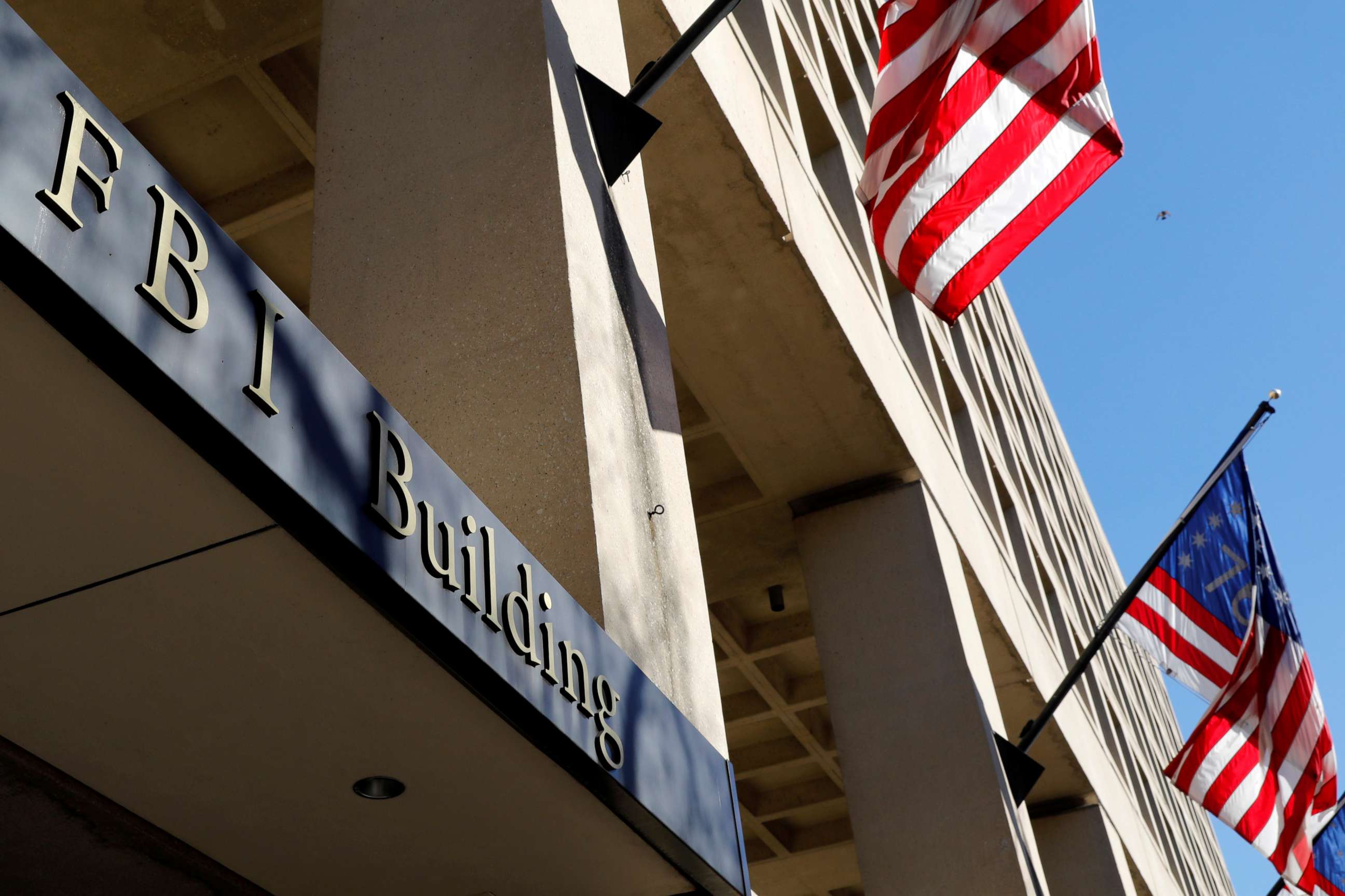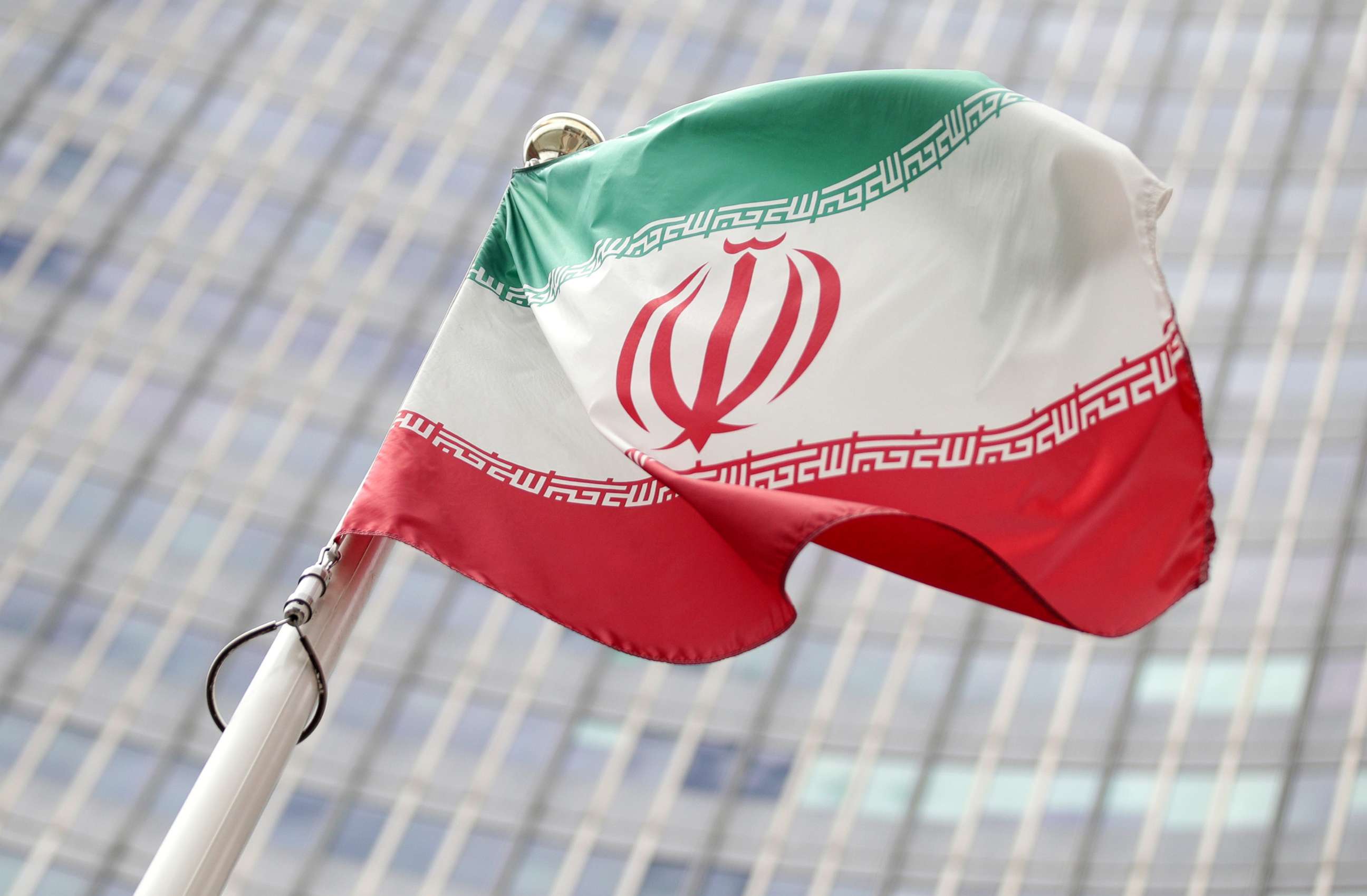US sentences 2 Iranian men to prison for spying
An FBI investigation found that the two men were spying on American citizens.
Two men have been sentenced to prison in the United States for conducting surveillance on behalf of Iran's government.
Ahmadreza Mohammadi-Doostdar, 39, a dual U.S.-Iranian citizen, and Majid Ghorbani, 60, an Iranian citizen and resident of California, were sentenced to prison terms of 38 months and 30 months, respectively. Doostdar will also serve 36 months of supervised release and pay a fine of $14,153, while Ghorbani will serve 36 months of supervised release, according to the U.S. Department of Justice.
An FBI investigation found that both men had been spying on American citizens who are members of the Mujahedin-e Khalq, or MEK, a group that advocates for the overthrow of the Iranian government.
"This case illustrates Iran’s targeting of Americans in the United States in order to silence those who oppose the Iranian regime or otherwise further its goals," U.S. Assistant Attorney General for National Security John Demers said in a statement Wednesday. "The defendants, working for Iran, gathered information on Americans that could then be used by the Iranian intelligence services to intimidate or harm them or their families. These prosecutions should serve as a reminder to anyone here working covertly for Iran that the American law enforcement will pursue you to protect this country, its citizens and the First Amendment principles upon which it was founded."
In October, Doostdar pleaded guilty to one count of acting as an agent of the government of Iran without notifying the U.S. attorney general, in violation of a Foreign Agents Registration Act-related statute, and one count of conspiring to violate that statute. In November, Ghorbani entered a guilty plea to one count of willfully violating the International Emergency Economic Powers Act and the Iranian Transactions and Sanctions Regulations, according to the U.S. Department of Justice.
As part of his plea, Doostdar admitted under oath that he had traveled from Iran to the United States on three separate occasions over the past few years in order to meet with Ghorbani and to convey directions for Ghorbani’s activities on behalf of the Iranian government.

On his first trip to the United States in July 2017, Doostdar met with Ghorbani at his workplace. Doostdar admitted that, during a subsequent conversation, Ghorbani had said he was willing to work for the Iranian government in the United States.
That September, Ghorbani attended a rally in New York City organized by the MEK where there were U.S. citizens denouncing the Iranian regime. Ghorbani photographed the attendees, including the group's leaders. Under oath, Ghorbani admitted to attending the rally and gathering information to give to Doostdar and ultimately to individuals in Iran.
When Doostdar returned to the United States in December 2017, he met with Ghorbani and collected the photographs of the rally attendees, which included handwritten notes identifying the individuals. Doostdar paid him $2,000 for his work, which Doostdar admitted had been provided by his handler with the Iranian government.
Doostdar and Ghorbani also discussed Ghorbani's plans to travel to Iran in March 2018, and Ghorbani offered to provide an in-person briefing on the rally attendees during this trip.
Later that same month, Doostdar departed the United States for Iran with the photographs and handwritten notes provided by Ghorbani.

In May 2018, Ghorbani went to another MEK rally, this time in Washington, D.C., where he again gathered information on participants who appeared critical of the Iranian regime. Doostdar admitted that, following that rally, he and Ghorbani spoke by telephone and discussed the ways in which Ghorbani could provide the information to him in Iran.
“The sentences in this case illustrate the high cost to those who act as agents of the Iranian government in the United States or provide services that benefit the government of Iran, especially when those activities target the free speech and peaceful assembly rights of people in the United States,” U.S. Attorney for the District of Columbia Jessie K. Liu said in a statement Wednesday. “We will continue to thwart efforts by foreign governments to endanger our national security and to stifle the freedoms that all Americans cherish.”
The case comes amid heightened tensions between the United States and Iran. Earlier this month, U.S. President Donald Trump ordered an airstrike in Iraq that killed Iran's top military general. The Iranian government retaliated by firing multiple ballistic missiles into neighboring Iraq, targeting military bases housing American troops. There were no reported casualties.
"The FBI will not tolerate surveillance being conducted here in the United States at the behest of foreign nations like Iran," Jay Tabb, executive assistant director of the FBI's National Security Branch, said in a statement Wednesday. "Such activity is intimidating, particularly to individuals who exercise their constitutional rights to free speech and criticize the Iranian government. The FBI will continue to pursue such activity on U.S. soil and disrupt efforts by any individuals who take such actions on behalf of Iran."




